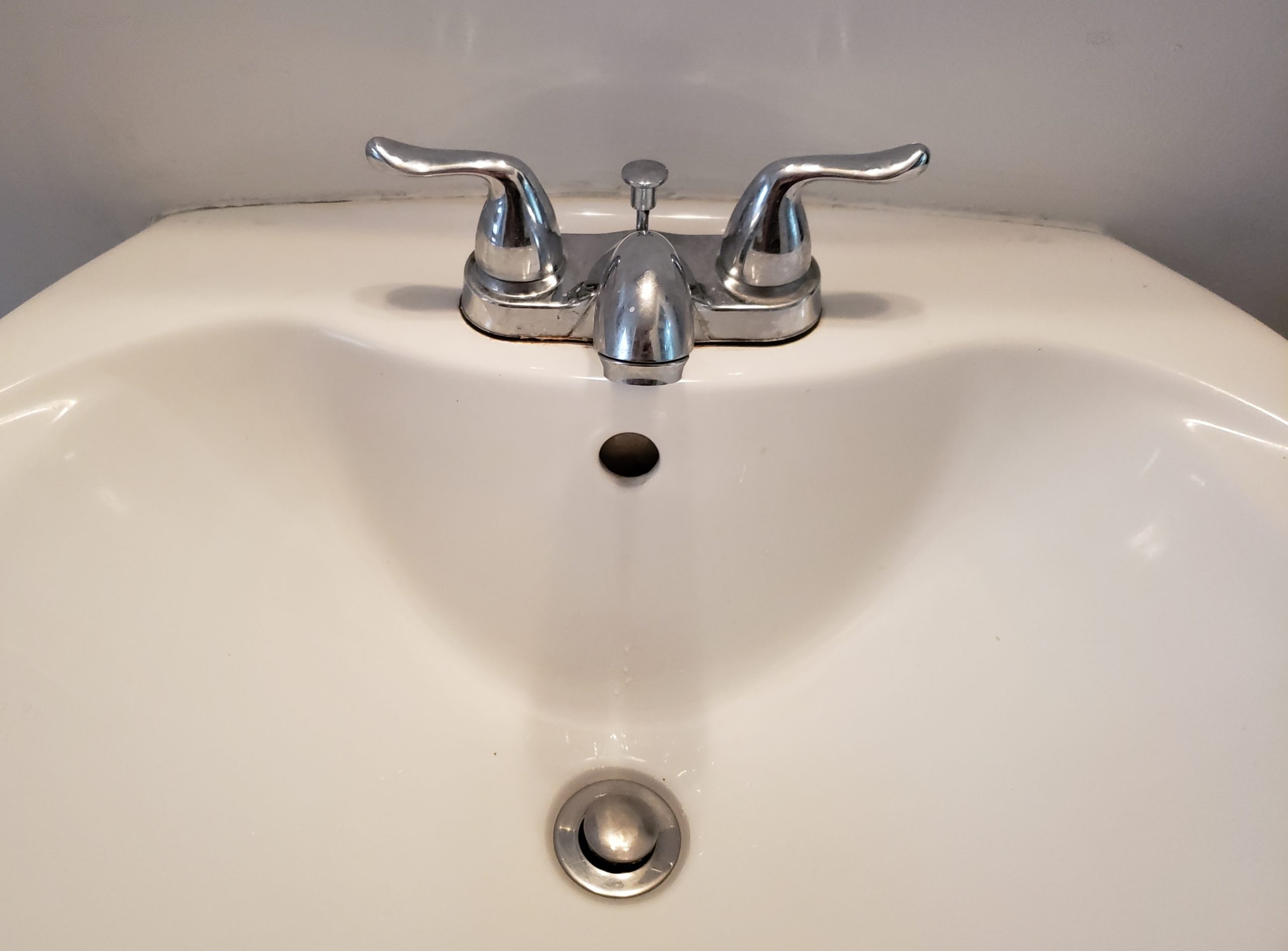
This article was republished here with permission from Great Lakes Echo.
By Danielle James, Great Lakes Echo
Even as community water systems are praised by the state for maintaining fluoride levels, others are still holding out.
Fluoride strengthens teeth and reduces cavities by about 25% in children and adults, according to the Centers for Disease Control and Prevention (CDC).
Around 6.5 million people, or 89.2% of Michigan residents, have access to fluoridated drinking water, according to 2019 data from the Department of Health and Human Services.
But only 31.5% of them have access to optimally fluoridated water.
The non-optimal levels may stem from machinery breakdowns or supply shortages, said Chelsea Wuth, an associate public information officer for the department.
But some local governments choose not to fluoridate their water systems.
It can be expensive for some rural communities or difficult if residents have a large number of wells, Wuth said.
“Many cities may have budget issues and have a hard time just keeping their required services,” Wuth said.
And some face opposition from groups against fluoridated water.
“This may be an issue among city councils and residents because there are pro-fluoride and anti-fluoride groups,” Wuth said.
For Jake Cline, a co-superintendent of the village of Benzonia, fluoride isn’t a necessary addition.
“The only real reason to add fluoride, according to what I’ve learned in some of my classes, is extra protection for children’s teeth,” Cline said. “In my personal opinion, the risk is higher than the reward with that.
“If you add too much it can cause damage, and too little wouldn’t do anything.”
Benzonia doesn’t fluoridate, Cline said. Any fluoride present is due to small amounts in the groundwater. Cost is also a factor in the city’s decision.
“I would rather spend money on a toothbrush or toothpaste,” Cline said.
Other communities across the state that don’t add fluoride to their water include Baldwin, Cadillac, Harrisville, Leelanau and Three Rivers, according to the CDC.
But some communities do choose to fluoridate their water.
Eighty-nine Michigan water systems were recently awarded a national fluoridation quality award for maintaining optimal levels of fluoride in their water throughout 2020, according to Health and Human Services.
Recognized water systems are in Grand Rapids, Ionia, Ludington, Sault Ste. Marie and Traverse City, among others.
Residents in Ludington have included fluoride in their water supply for years without issue, said Jamie Hockemeyer, a water treatment plant superintendent.
“Due to the overwhelming amount of evidence that fluoridation helps people and reduces health issues, we’ve chosen to always fluoridate,” Hockemeyer said.
Ludington’s water treatment plant takes many precautions to ensure that fluoride levels are consistent, Hockemeyer said.
It’s checked for certification upon entering the plant, he said. Chemical feed pumps and flow meters monitor how much water is produced and treated and how much fluoride is added.
The plant also monitors how much fluoride is in raw water coming into the plant. Daily samples are taken from six distribution sites once water exits the treatment plant, Hockemeyer said.
“There’s four or five different things we do every day to see how much concentration is in the water,” he said.
The fluoridation awards were given to communities that remained within the guidelines of 0.6 to 1.0 parts per million of fluoride for 11 to 12 months of the year, Wuth said.
“We have maintained a fairly consistent number of systems receiving the award, ranging between 40-60 systems per year,” she said. “In the last few years that has been on the rise with improved direct education.
“Eighty-nine systems being awarded is a great result stemming from that education,” she said.
Educational efforts were focused on state water associations, including the American Water Works Association – Michigan Section and the Michigan Rural Water Association.
Catch more news on Great Lakes Now:
New study says elevated levels of PFAS found in anti-fogging sprays and cloths
Searching for help. Where can homeowners get money to fix failing septic systems?
Featured image: Sink and faucet (Photo Credit: Natasha Blakely)
1 Comment
-
https://origins.osu.edu/article/toxic-treatment-fluorides-transformation-industrial-waste-public-health-miracle?language_content_entity=en
While it has been known for decades that Flouride helps prevent cavities, it has also ben known it is TOPICAL ONLY. And the suspicious connections to low IQ in children and arthritis requiring pain management is too great to be ignored. One might suspect fluoridation is a public management tool enhancing Pharma pain medication profits. The Flouride of choice is a TOXIC RESIDUE from phosphate fertilizer production which, lacking the injection into public water systems, would require protected burial.




